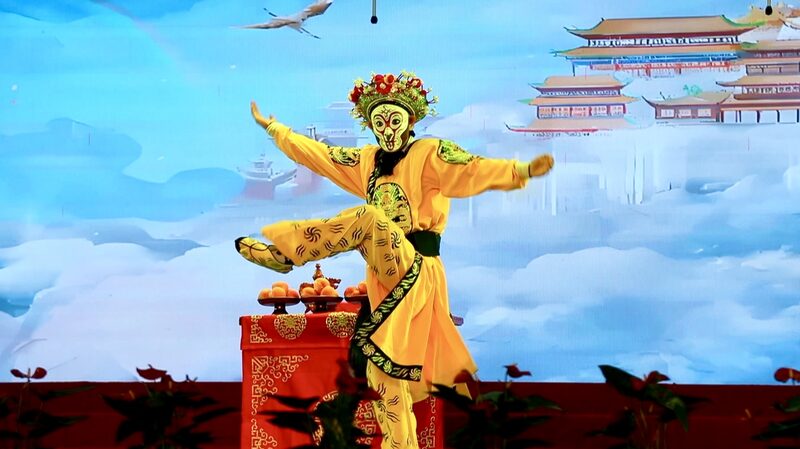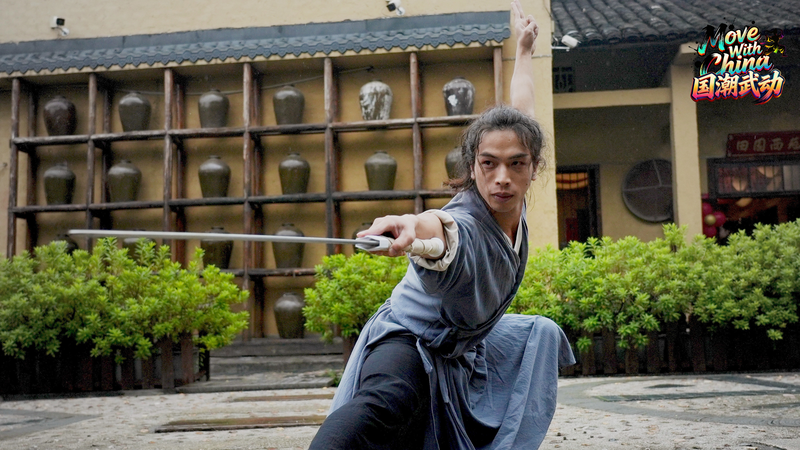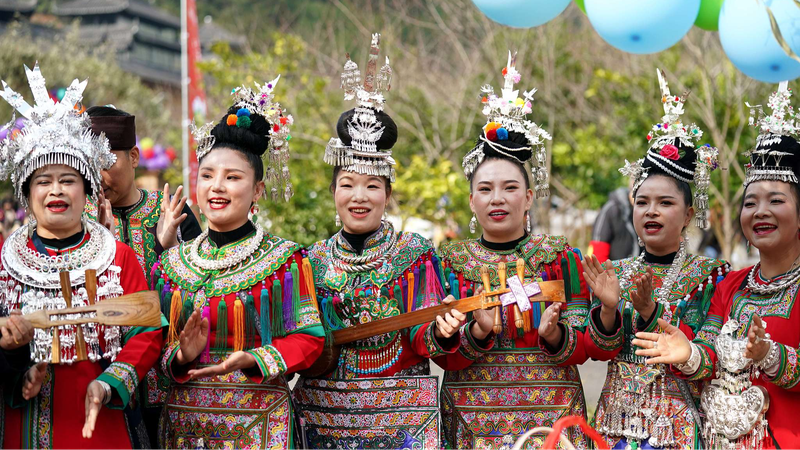In the heart of Lingnan's fertile cultural landscape, Foshan Wing Chun stands as a testament to China's martial arts heritage. Recognized in 2021 as a national intangible cultural heritage, this centuries-old practice combines precision, practicality, and philosophical depth through its signature blend of forceful strikes and fluid defensive maneuvers.
Second-generation inheritor Dong Chonghua, carrying forward the legacy of legendary master Ip Man, describes Wing Chun as "a dialogue between body and mind." The art's economy of movement – honed through wooden dummy drills and controlled sparring – reflects its roots in real-world self-defense while embodying traditional Chinese concepts of balance and adaptability.
"Wing Chun isn't about spectacle," Dong explains. "Every stance and deflection carries generations of wisdom about conflict resolution." This philosophy has fueled global interest, with practitioners worldwide studying its applications in modern security training and personal development.
For cultural explorers and diaspora communities, Foshan remains the art's spiritual home. The city's martial arts museums and live demonstrations offer immersive experiences into Wing Chun's evolution – from village defense system to cultural ambassador celebrated in film and international sporting events.
Reference(s):
cgtn.com








